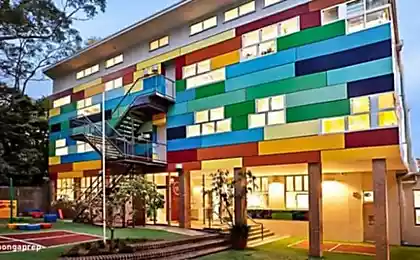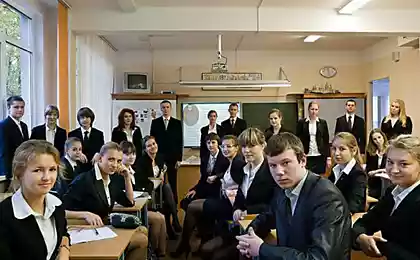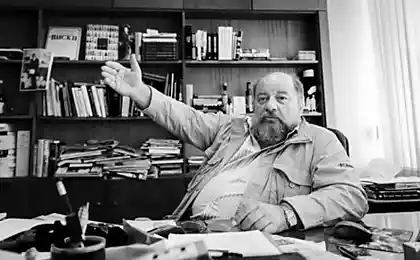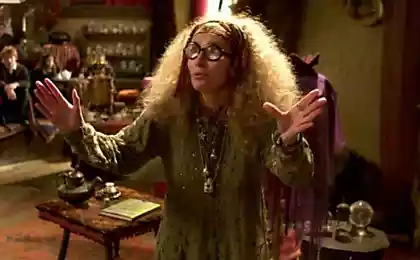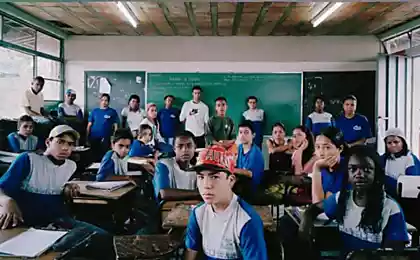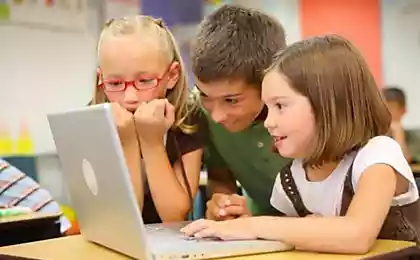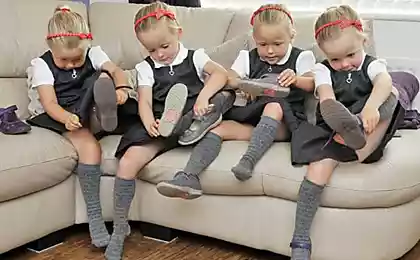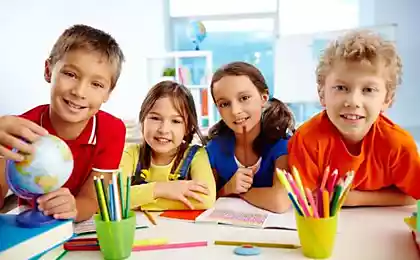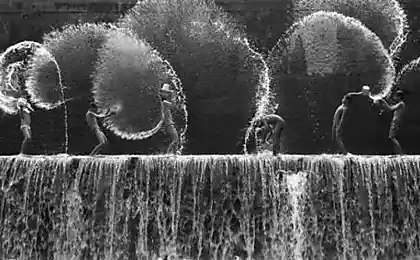164
What Soviet teachers could teach children, but modern teachers cannot
The work of a modern teacher raises doubts among concerned parents. Questions arise whether the modern educational system is so good and whether it gives children everything they need. And if education is getting richer and better every year, then why did modern teachers stop teaching some important things?
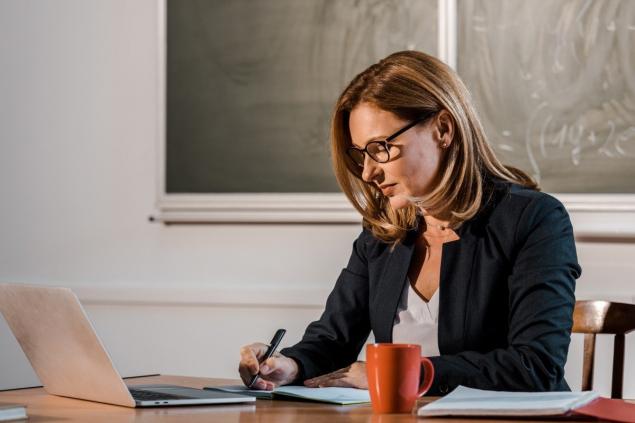
The work of a modern teacher “I remember how in junior grades we were given the task to make crafts.” Mother and father worked for several days: they cleaned the pumpkin under the carriage, sculpted mice from plasticine, collected a path of pebbles for composition ... I carried this work of art to school and was sure that the first place was already in my pocket, says Anna Alekseevna.
"Not really." Valentina Karpovna, my first teacher, looked at this craft and put it somewhere on the edge. I remember there were other beautiful dioramas. But in the end, the first place was taken by a brother and sister from a parallel class, who together made some clumsy thing. And at the next parental meeting, the teacher urged parents not to do more crafts instead of their children.

Her explanation was that it was unfair to pass off parental labor as child labor. And, in addition, it undermines the confidence of the students in themselves and their strength. Let the craft be incomprehensible, let the problem be solved with errors. But on your own. When parents do something themselves, they show their distrust of the child, forcing him to stop relying on his own strength.”
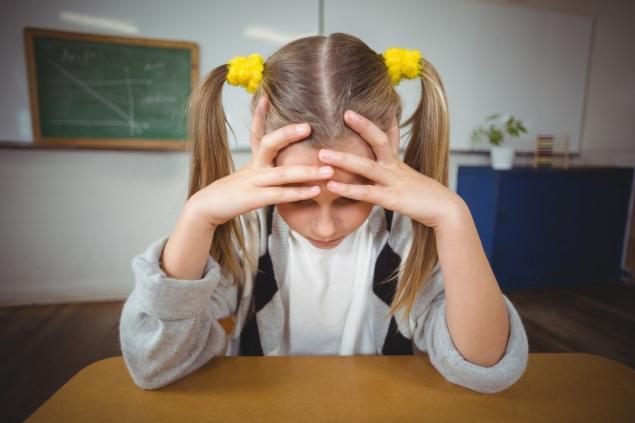
And when I come to the exhibition of handicrafts to school with my granddaughters, I see a completely different picture. Parents go out of their way to do better than other moms and dads.
But modern teachers do not stop this, but even encourage it. They say that the child may be poorly developed fine motor skills and need help so that the result he was not ashamed.
And parents justify that the children are already busy, they have so much to do, and also to the tutors need to have time. And what's wrong if mom and dad help a little bit, do everything quickly and in the best possible way? This approach seems strange to me.
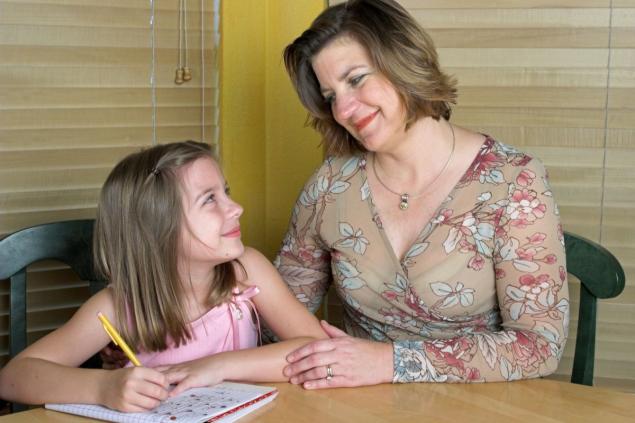
I notice that modern parents are as involved in school life as their children. They arrange tea parties, organize excursions, think through scenarios for school holidays. And also negotiate with tutors, photographers, operators, animators ...
I judge my daughters, who are young mothers themselves. On the eve of any holiday, their phones do not stop. In parent chats, real battles occur even on the most insignificant issues. Moms and dads decide what to give and who to give, and how much to discount.
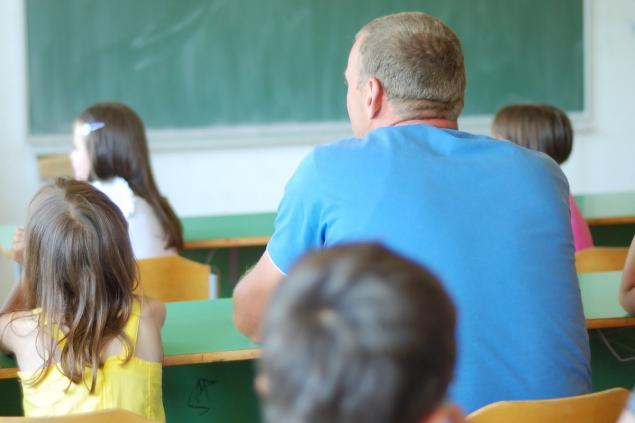
“Neither my parents nor I had anything like that.” The most that involved the parents was in the tailoring of carnival costumes. And baking pancakes for carnival. As for that first parental initiative with a beautiful craft, I think they were ashamed of it until graduation.
Our tea parties were supervised and organized by a class teacher. She brought tea with caramel to the table. Excursions were organized in a neighboring village or in the forest. And now in the parent committee every time come up with some interesting and unusual trips. They are accompanied by parents and get all sorts of permits.
The child went to first grade, and he immediately found a tutor. And this tutor often does homework for children. And if there is not enough money for a tutor, then mother and father must study the material themselves, explain, and solve the problem. The child can only sit and nod his head. How will he learn to be independent? How can he be confident in his abilities? the elderly woman complained.
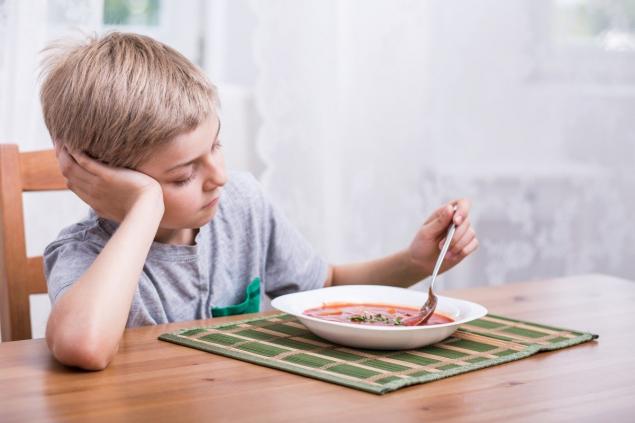
Indeed, modern parents are actively involved in school life, shifting many concerns on their shoulders. They do homework so that the child gets the best grades. Take him to tutors, take him on excursions. The child simply does not have any space, everything is done for him and everything is decided. Where does confidence and independence come from?
Maybe. modernist Is it to convey to parents the idea that the knowledge, skills, and confidence and independence of their child is more important than any assessment?

The work of a modern teacher “I remember how in junior grades we were given the task to make crafts.” Mother and father worked for several days: they cleaned the pumpkin under the carriage, sculpted mice from plasticine, collected a path of pebbles for composition ... I carried this work of art to school and was sure that the first place was already in my pocket, says Anna Alekseevna.
"Not really." Valentina Karpovna, my first teacher, looked at this craft and put it somewhere on the edge. I remember there were other beautiful dioramas. But in the end, the first place was taken by a brother and sister from a parallel class, who together made some clumsy thing. And at the next parental meeting, the teacher urged parents not to do more crafts instead of their children.

Her explanation was that it was unfair to pass off parental labor as child labor. And, in addition, it undermines the confidence of the students in themselves and their strength. Let the craft be incomprehensible, let the problem be solved with errors. But on your own. When parents do something themselves, they show their distrust of the child, forcing him to stop relying on his own strength.”

And when I come to the exhibition of handicrafts to school with my granddaughters, I see a completely different picture. Parents go out of their way to do better than other moms and dads.
But modern teachers do not stop this, but even encourage it. They say that the child may be poorly developed fine motor skills and need help so that the result he was not ashamed.
And parents justify that the children are already busy, they have so much to do, and also to the tutors need to have time. And what's wrong if mom and dad help a little bit, do everything quickly and in the best possible way? This approach seems strange to me.

I notice that modern parents are as involved in school life as their children. They arrange tea parties, organize excursions, think through scenarios for school holidays. And also negotiate with tutors, photographers, operators, animators ...
I judge my daughters, who are young mothers themselves. On the eve of any holiday, their phones do not stop. In parent chats, real battles occur even on the most insignificant issues. Moms and dads decide what to give and who to give, and how much to discount.

“Neither my parents nor I had anything like that.” The most that involved the parents was in the tailoring of carnival costumes. And baking pancakes for carnival. As for that first parental initiative with a beautiful craft, I think they were ashamed of it until graduation.
Our tea parties were supervised and organized by a class teacher. She brought tea with caramel to the table. Excursions were organized in a neighboring village or in the forest. And now in the parent committee every time come up with some interesting and unusual trips. They are accompanied by parents and get all sorts of permits.
The child went to first grade, and he immediately found a tutor. And this tutor often does homework for children. And if there is not enough money for a tutor, then mother and father must study the material themselves, explain, and solve the problem. The child can only sit and nod his head. How will he learn to be independent? How can he be confident in his abilities? the elderly woman complained.

Indeed, modern parents are actively involved in school life, shifting many concerns on their shoulders. They do homework so that the child gets the best grades. Take him to tutors, take him on excursions. The child simply does not have any space, everything is done for him and everything is decided. Where does confidence and independence come from?
Maybe. modernist Is it to convey to parents the idea that the knowledge, skills, and confidence and independence of their child is more important than any assessment?
Can a mother love her daughter as much as a grandmother?
Prepared for a demanding foreigner chicken necks so that the food in the restaurant seemed to him then bland.

